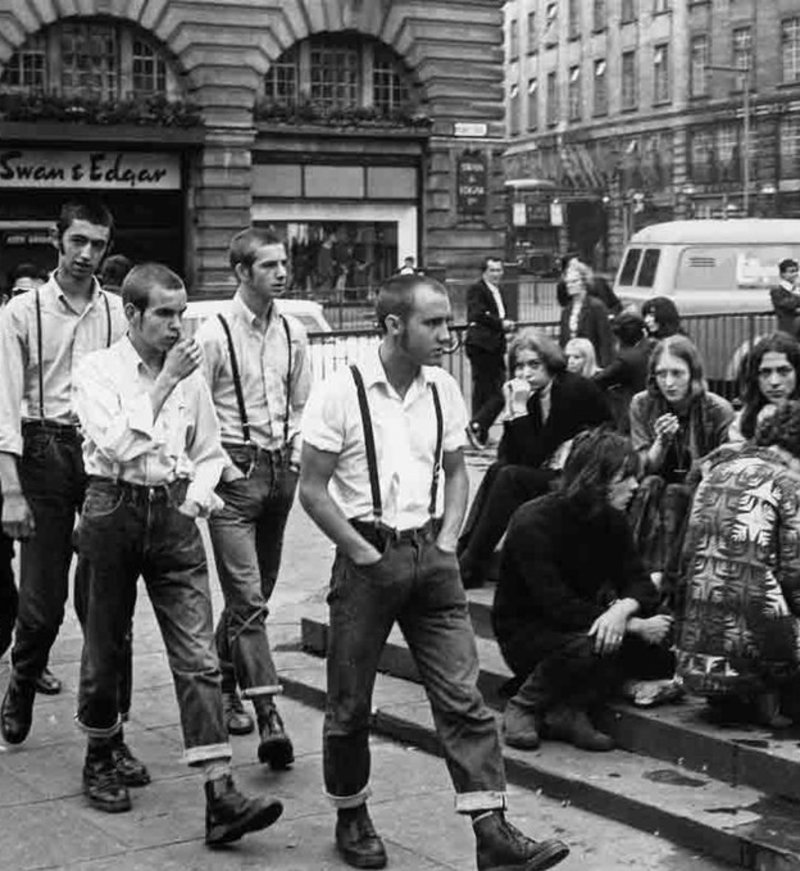Long-term resident
THE WAY THEY WERE
For the last couple of years I’ve been working on a book about the father I never knew, that is to say, the one who existed before I was born and also during the three years or so when I was too little to notice much about him. My background reading for this project has consisted, among other things, of four loaf-sized social and cultural histories of Britain covering the period from the end of World War Two to the beginning of the Swinging ’Sixties, which provided some revealing information about certain things I thought I knew about (but didn’t really) and others that I’d never heard of (but should have).
For instance, I was unaware that in 1958 - at the tail end of which I was born - there were massive racist assaults on the black communities in various parts of London, in the largest of which, on September 2nd, 700 men, women and children, urged on by members of Oswald Moseley’s (fascist) Union Movement, besieged the homes of Caribbean people - many of whom had been recruited by London Transport on their home islands - with milk bottles, iron street railings, flick knives, bricks, bicycle chains and petrol bombs. The teenagers in the mob proudly referred to themselves as ’nigger hunters’, elderly bystanders yelled ’Keep Britain white!’, and smiling housewives leaned out of windows shouting ’Go on boys, get yourself some blacks!’
Oddly enough this endemic racism was combined - in large sectors of the British public - with a wish to retain what remained of Her Majesty’s mostly dark-skinned Empire, which the British army held onto by the skin of its teeth, often committing major atrocities in the process: in Kenya alone, 14,000 Africans were killed and thousands more brutally tortured; in March of 1959 (when I was learning to crawl) eleven were beaten to death in the Hola detention camp, three years after the Kenyan pro-independence forces - known as the Mau Mau - were supposed to have been defeated.
As far as the politics of the time are concerned, I knew about the 1963 Profumo scandal (when the eponymous Secretary of State for War publicly denied having an affair with a teenage girl provided by a pimping osteopath who was on first name terms with Winston Churchill and other leading politicians of the time). But I hadn’t heard about John Vassall, a cipher clerk in the British Embassy in Moscow, who was photographed by the KGB while visibly active in a gay orgy (almost certainly organised by the self-same KGB); blackmailed by the Soviets, he fed them important information for six years until he was rumbled by a Russian defector. When it was discovered he was gay, a pathologically homophobic campaign was unleashed in the UK by the media and all the political parties, making life for LGBTI people even worse than it already was, for years to come.
And finally, I was astonished to discover that a BBC documentary about nuclear war (’The War Game’), which had made me as furious as I was frightened when I saw it on a trip to London in 1985, had actually been made in 1966 - when I was seven - and kept under wraps for two decades by the British government, thinking it too shocking for its own citizens.
So there, in a nutshell, is some of the England I never knew but with which Dad would have been familiar, with its racism and homophobia, its obsession with national prestige, its morbid fixation on sex in high places, and a tendency, on the part of its politicians, to keep things hidden from the public. As I said, these days I feel pretty much out of touch with that country, seeing it as I have done for so long through a distant Catalan lens. However, I’m pretty sure that nowadays it must be completely different from the way it was when I popped into it over 60 years ago. Mustn’t it?


